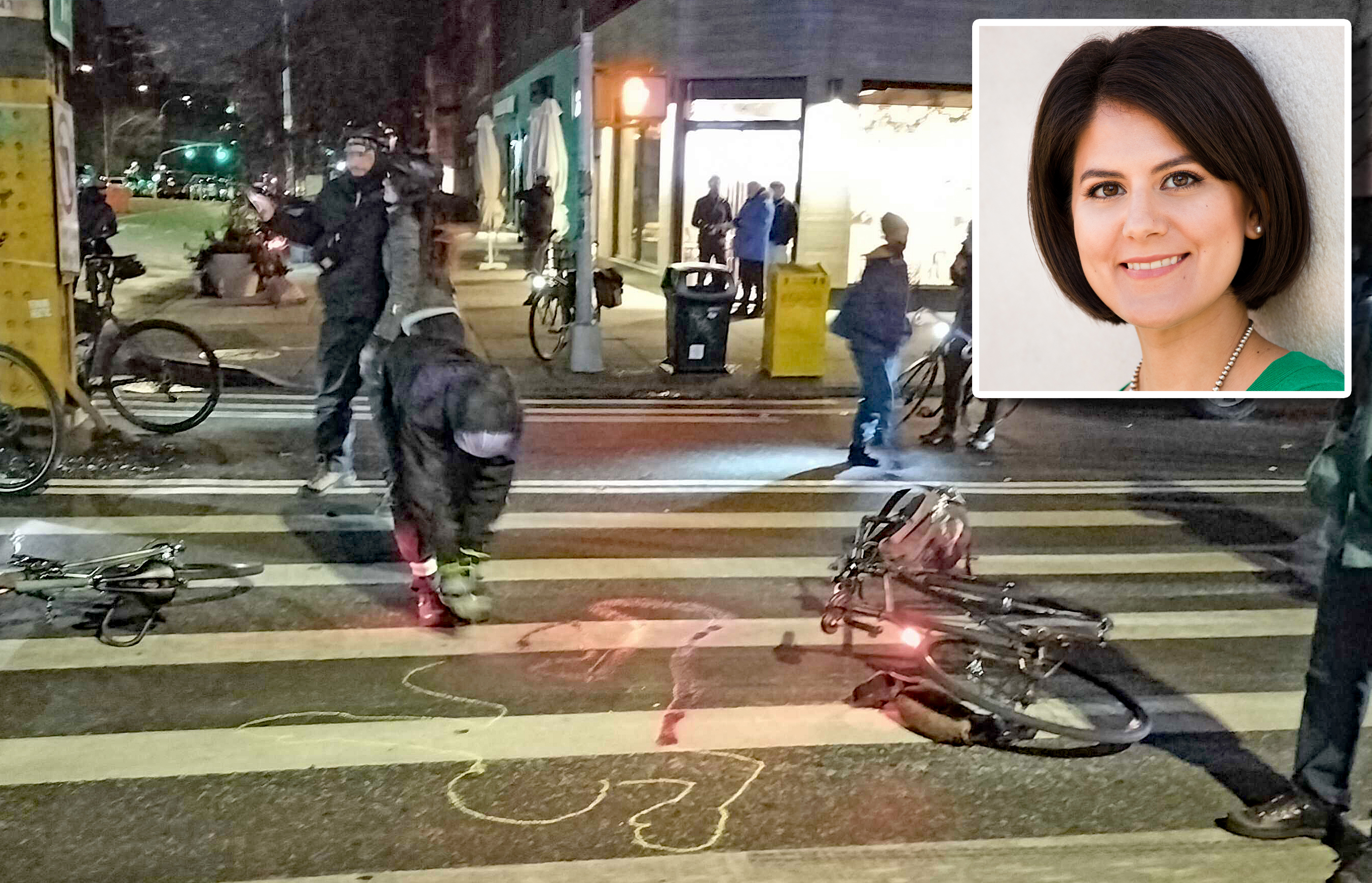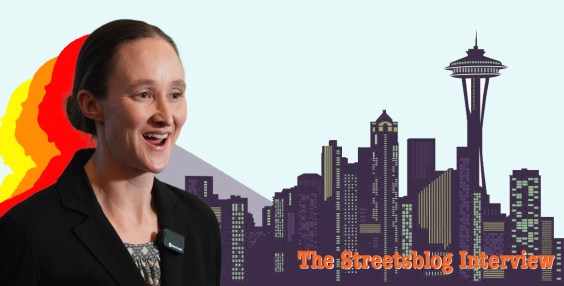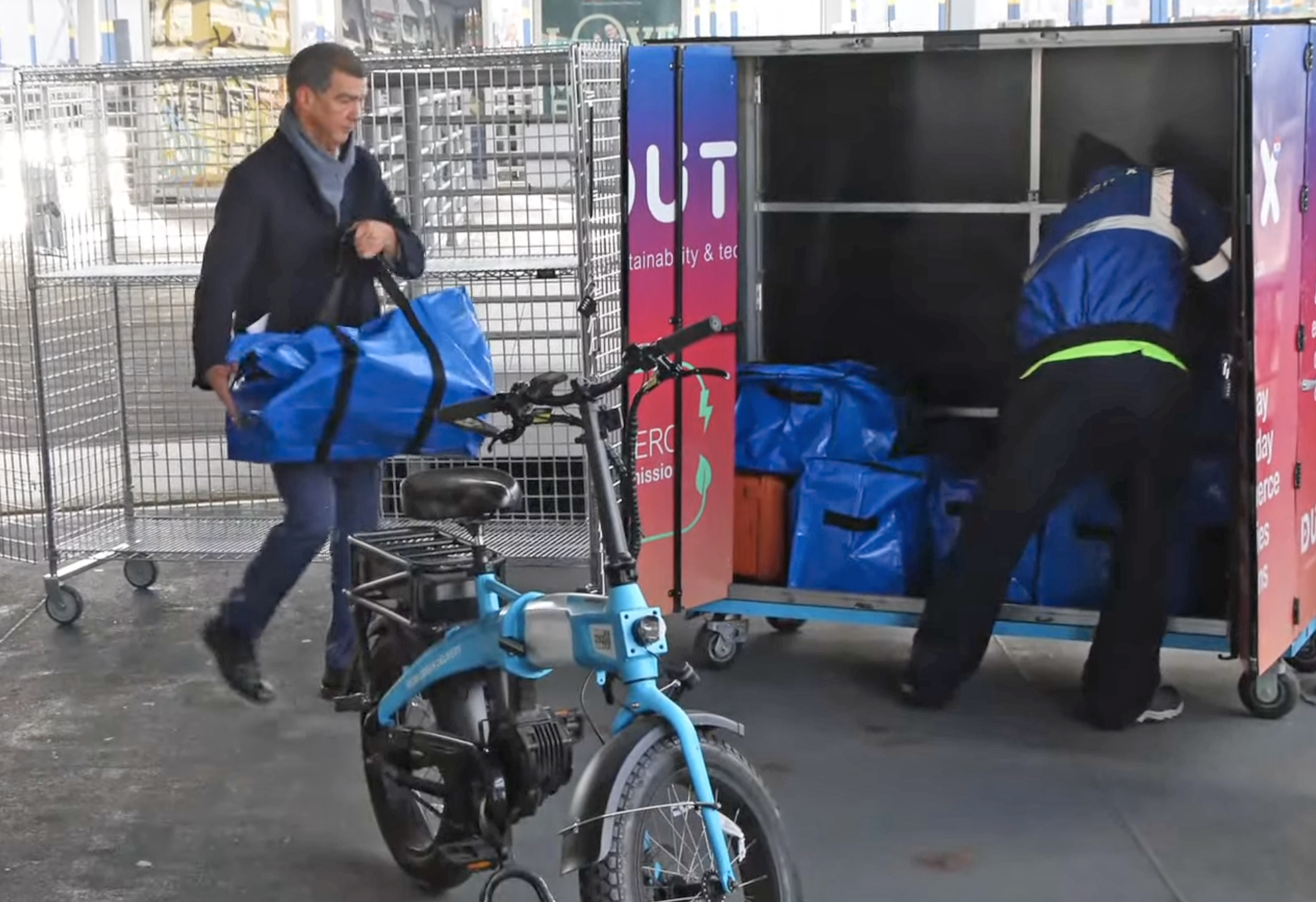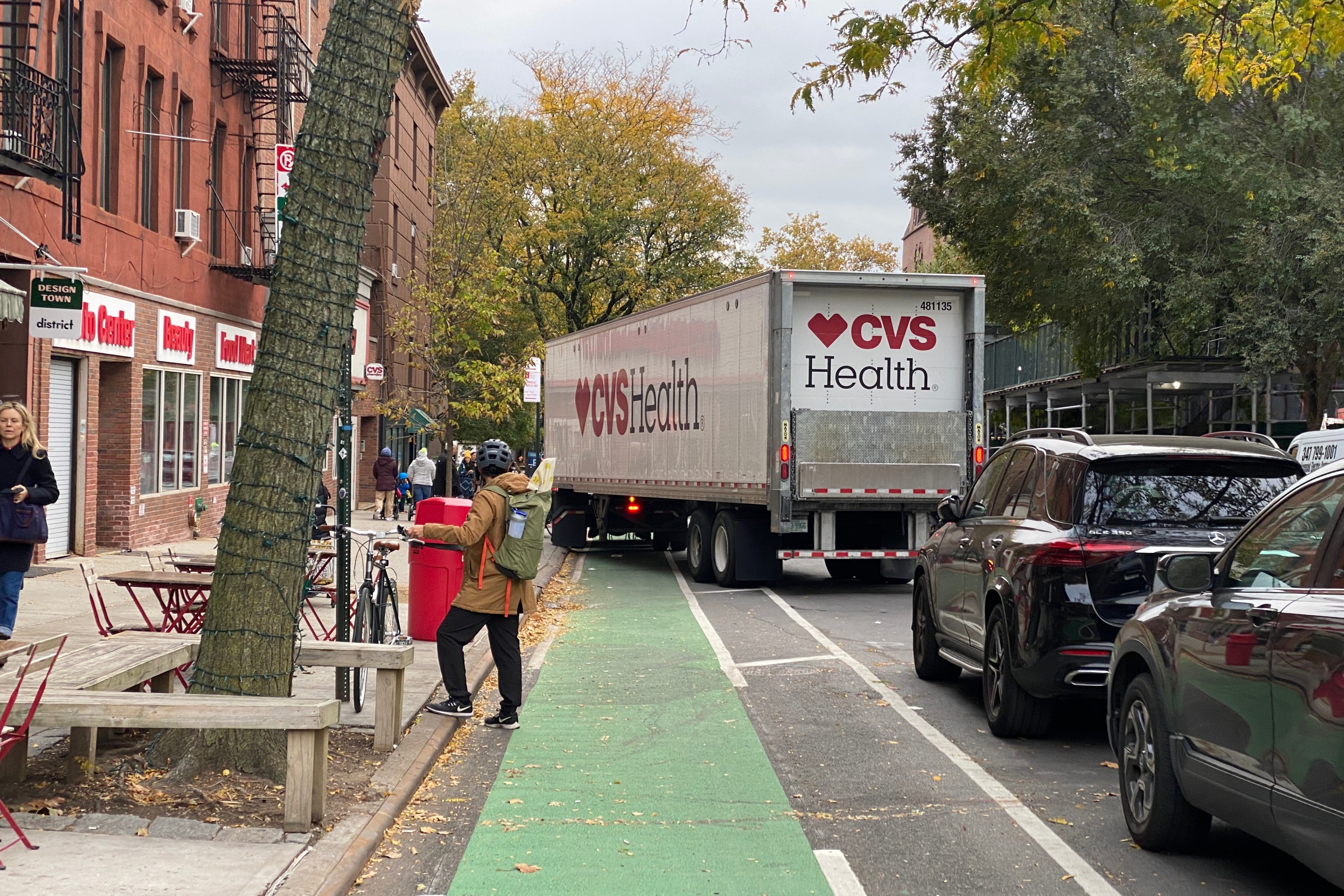Wow, these "little guys" have big wallets.
Though Gov. Hochul said she was canceling congestion pricing to help working-class people, data shows that wealthy suburban drivers ended up the big winners of the gridlock governor's decision:
Over 60 percent of commuters who drive to the central business district make more than $100,000 per year, and 30 percent of those commuters make over $200,000 per year, according to Replica, an independent traffic modeling firm that uses anonymous cell phone and transaction data, Census counts and other publicly available data.
Halting congestion pricing and the transit improvements it would fund was always going to hurt working class people given that only 200,000 of the 1.1 million people who commute into Manhattan south of 60th Street every day do so in cars — and 116,000 of them come from New Jersey, Westchester and the northern suburbs and suburban Long Island.
And just how well off are these suburbanites?
A Nassau or Suffolk car-using commuter into the central business district has a median income of $169,000 per year, one from the northern suburbs rakes in $168,000 per year and a Garden Stater who drives in to work has a median income of $141,000 per year.
Meanwhile, median income for people who take transit to their job south of 60th Street is $114,000 — or 32 percent less that the median Long Islander.
Of course, Hochul has not acknowledged that her decision to walk away from congestion pricing disproportionately benefits the wealthy. In fact, she's still saying she was listening to "the little guy" when she put the congestion tolls on "indefinite pause."
And at a recent fireside chat with the Albany Times-Union's Dan Clark, a very nice young man, Hochul focussed on New York's forgotten teachers and health care workers.
"The teachers paying $1,300 more a year because they come in five days a week don't have an option," she said. "The hospital workers at NYU Langone all of them would have to pay more because nurses and aides have to pay more to go their jobs."
Her own agency's numbers show the lie of Hochul's propaganda: the congestion pricing environmental assessment found that only 13.7 percent of education, healthcare and social assistance employees drive to work in Manhattan (many of them to jobs outside the tolling zone anyway). Plus, employees driving into lower Manhattan between 9 p.m. and 5 a.m. would pay only the $3.75 overnight toll.
Advocates know the difference between the real little guy and wealthy suburbanites who pollute our air, congest our streets ... and then take their earnings back to their communities.
"We have been shouting this from the rooftop that the vast majority of people driving into the CBD are more affluent, and those folks have ability to, and should, contribute to improving conditions brought on by their congestion," said Tri-State Transportation Campaign Executive Director Renae Reynolds. "The governor’s claim that her pause was in response to concerns about low-income folks does not match up with the facts. ... Every day the program is paused, we lose vital revenue that truly addresses the needs of low income people who rely on public transit."
Contrary to the governor's populist framework, thanks to her, wealthy suburban drivers get to keep driving into the city for free while transit riders are deprived of $16.5 billion in transit improvements — such as the Second Avenue Subway, elevators at two-dozen more stations, upgraded signals on the A and C train and new trains systemwide.
Hochul has so far failed to explain how she will replace the money that congestion pricing would have generated.
The impacts of that delayed and deferred work will take time before they straphangers enter another Summer of Hell, but subway riders already tasted an amuse bouche recently: More than 40,000 subway delays in the first four months of 2024 were caused by infrastructure issues. And last Tuesday, a transformer failure on the Lower East Side wrecked service on the A, E, F and J trains during the morning rush hour.
.@MTA chairman Janno Lieber says yesterday’s subway issues were due to transformer failure near Essex St.,not heat. System is old and needs deep repairs. Asked about congestion pricing, says he hopes to address in new capital plan: “We must make those investments.” pic.twitter.com/vTyLHBkMij
— Jeff Mays (@JeffCMays) July 17, 2024
Bus riders are also suffering slower and slower service across the city but especially in lower Manhattan, where buses that serve working class New Yorkers run at an offensively slow 6 miles per hour during the afternoon rush hour.
"While subway riders schvitz on the governor's delayed trains, Long Islanders making bank keep driving in for free, turning up the urban heat island effect and blocking buses and ambulances," said Riders Alliance Director of Policy and Communication Danny Pearlstein. "Congestion pricing is the linchpin of an equitable economic recovery for New Yorkers and it's past time for the governor to flip the switch."






